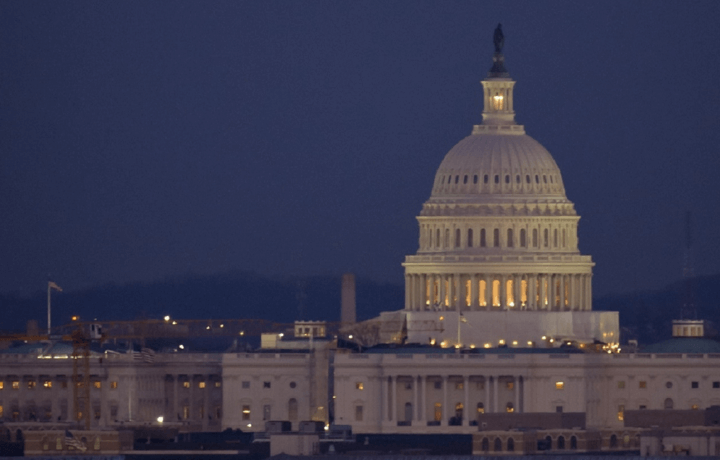It’s been nearly five months since the longest federal government shutdown ended, leaving 400,000 federal workers without pay for more than a month, despite many of them continuing to work.
But the federal workforce wasn’t the only group affected. Government contractors were also impacted, and many are still feeling the effects and losses.
HOW THE SHUTDOWN IMPACTED GOVERNMENT CONTRACTORS
- Approximately 800,000 contractors from 10,000 companies that support and enhance the government directly felt its negative effects.
- Federal employees received back pay for the days they were furloughed, but many contractors – who support, supply, or sit directly next to these federal employees – received no similar recompense.
- These contractors live and work in every state in the nation, including NASA contracts worth $7.9 million per week in Huntsville, AL and Cape Canaveral, FL.
- The U.S. Chamber of Commerce estimated that the shutdown had an adverse effect on at least 41,000 small businesses across all 50 states, costing them more than $2.3 billion in lost revenue.
- Many affected contractors were low-wage employees, including security guards, janitors, and other service workers.
Source: The Committee on Oversight and Reform
LOOKING FOR SOLUTIONS
On May 6, the Chairman of the Subcommittee on Government Operations held a field hearing examining the ongoing harm the longest ever government shutdown had on federal contract employees.
The hearing addressed how the shutdown affected contractors, who continue to fear the financial threat posed by shutdowns. The hearing looked at the direct and collateral costs of government shutdowns on contract employees and how potential legislative and administrative could promote remedies to these issues.
It’s a timely conversation, as the White House and congress continue to discuss spending bills. There is a need for the split House and Senate and White House to come to a consensus, as the current budget deal expires at the end of the fiscal year September 30. At that time, congress will need to pass legislation to both fund the government and raise the fiscal ceiling. These are two issues the government has struggled to reach consensus on.
Government contractors understand the precarious position posed by government shutdowns. When work can’t be done because federal contractors can’t be paid, that’s bad for everyone – and makes working on government contracts risky business. As the government debates its options for budget compromise, one can hope protections and solutions for government contractors – who simply want to do the work for contracts they’ve been awarded – are part of the conversation.


